Little Women Ending Explained: What Happened And How It Changed From The Book
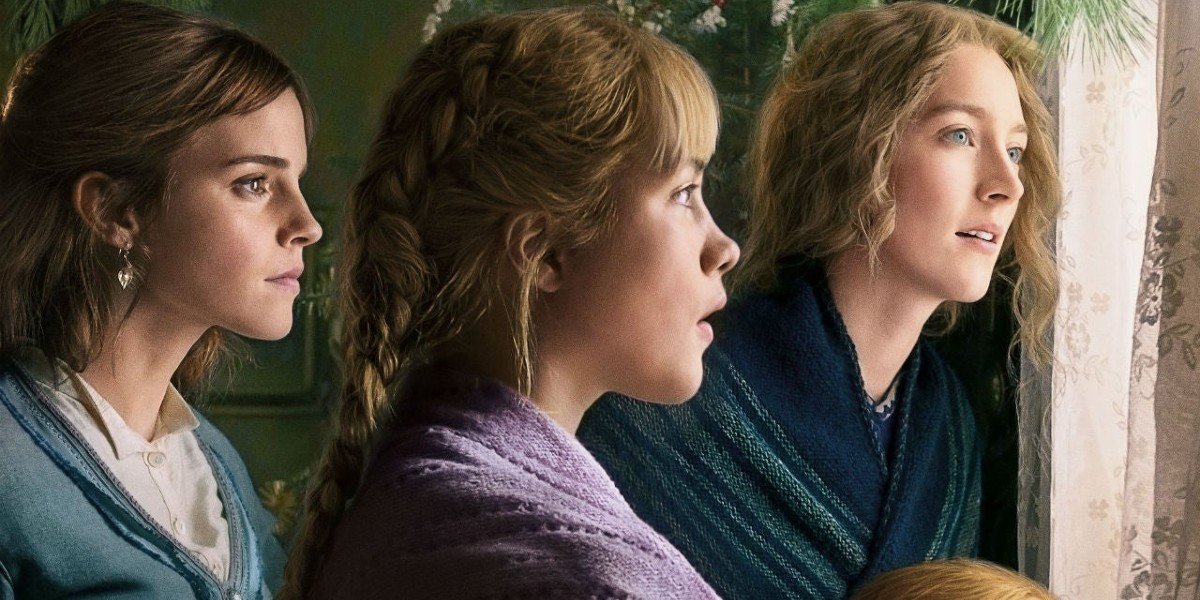
On Christmas, writer and director Greta Gerwig will unveil the latest adaptation of Louisa May Alcott's classic novel Little Women into the theater. For those of you who are familiar with the book and/or its previous film adaptations, however, you might notice stark changes to the style and structure of the story. If you go into this new movie having read the book, it is possible that you might have some questions regarding the original text, notably regarding the Little Women movie ending and how it compares to the book.
While the movie itself is rather straightforward, its non-linear storyline might raise a few questions for certain audiences. Even if you are a die-hard fan of Little Women, you will see a few changes that you have never seen in an adaptation of Little Women before. For those audience members who have not kept up with the literary hallmark or seen other movies based on the material, questions could abound.
I will take this opportunity to talk about the story, the ending, what happens in the final scenes in the new movie, and how it compares narratively to the source material book. Naturally, you should expect spoilers for Little Women from this point forward, both for the movie and the 1868 novel.
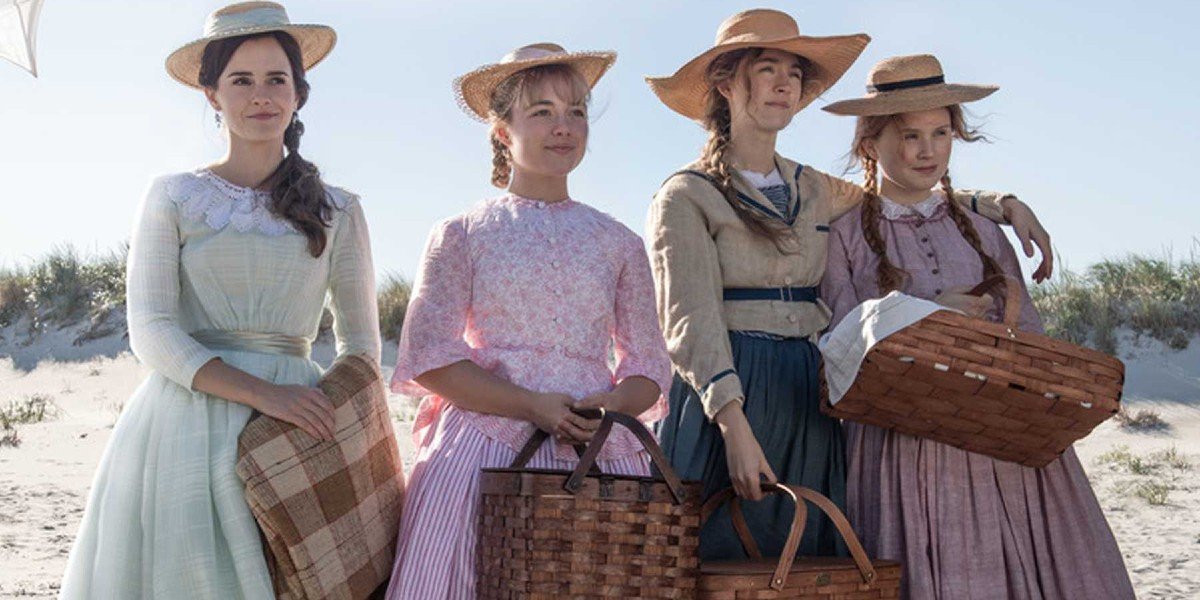
The Story Of Little Women
Similar to Louisa May Alcott's novel, Little Women (2019), which is the eighth cinematic adaptation of the tale, follows the March sisters, Margaret "Meg" March (Emma Watson), Josephine "Jo" March (Saoirse Ronan), Elizabeth "Beth" March (Eliza Scanlen), and Amy March (Florence Pugh), in 1860s New England, during and following the Civil War. The story is primarily told from the perspective of Jo, an inquisitive, bright-eyed young woman who dreams of becoming a writer. Though they do not have lots of money, their spirits are wealthy, particularly with their warm love for one another.
Based loosely on Louisa May Alcott's own childhood and her sisters, Little Women tells the story of the four March sisters from late in childhood through early adulthood. Over the years, the four March sisters form a bond with Theodore "Laurie" Laurence (Timothee Chamlet), particularly Jo. It is a friendship that, as it verges onto adulthood, flirts on being romantic, though Jo doesn't want it to be. As the years go on, Jo lives as a writer in New York, while Amy is in Paris as an artist and Meg lives a domestic life with a husband and children. Beth, though, contracts scarlet fever, and it takes a turn for the worse.
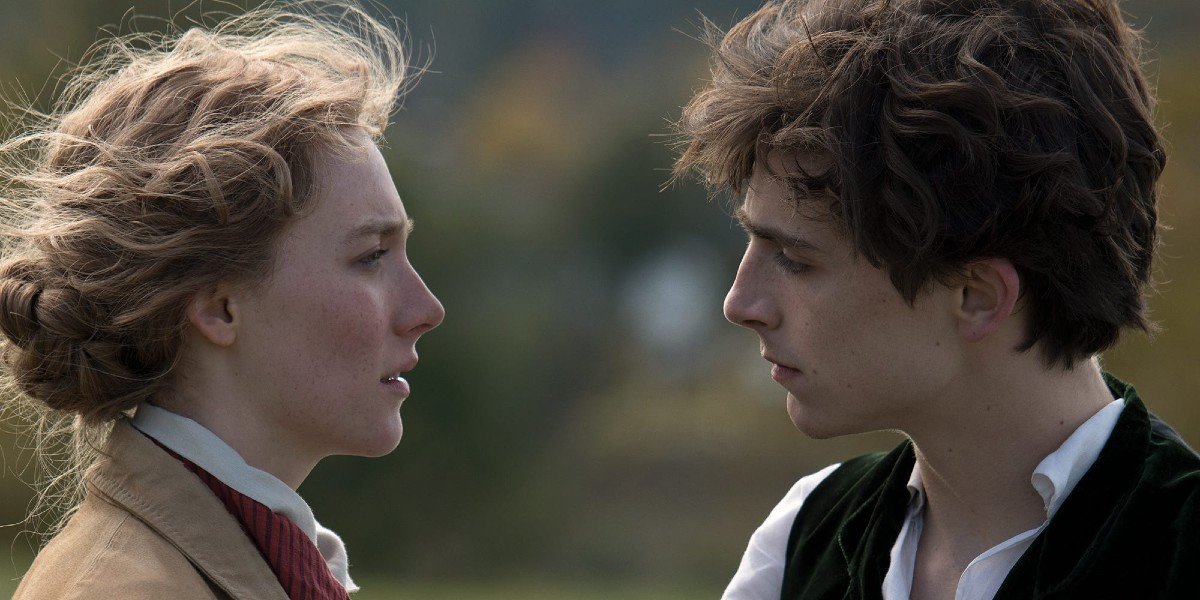
What Happens At The End Of Little Women Movie (2019)
Upon hearing the news of Beth's declining health, Jo returns to her hometown, where she is re-acquainted with her family and finds herself flooded with memories of her past. Eventually, Jo doesn't want to be lonely and begins to believe that Laurie might be the man for her; however, it is revealed in Little Women that Amy and Laurie have gotten married. Additionally, despite a good fight, Beth is taken by her earlier disease and dies.
Shortly after these two devastating events, Jo begins writing her biggest project yet: a novel, semi-autobiographical, that is inspired in part by her childhood and her relationship with her sisters. It will serve as a way to honor her late sister, as well as a way to make peace her with fading childhood. Eventually, Jo sends the beginning of her book to a publisher, who is initially hesitant about the book, but decides to go forward with it when his own children become enchanted by it.
Your Daily Blend of Entertainment News
Meanwhile, in New York, Jo became acquainted with Professor Friedrich Bhaer, who is taken by her writing (if sometimes harshly critical). When he is dismissive of something she wrote, Jo takes it personally and walks away from New York with bruised feelings. Later on, Professor Friedrich visits the March residence, and it is at this time that it becomes clear to the March family (and eventually Jo) that they have deep feelings for one another.
Although Jo has to be egged on by the other Marches a bit, it is not long before they profess their feelings and cement their relationship. Jo gets the copyright to her book while also being bestowed the expansive house of Aunt March (Meryl Streep), where she wants to build a school for girls. We see Jo holding a newly-printed copy of her novel, Little Women and later her and her siblings putting their hearts and souls into the new school.
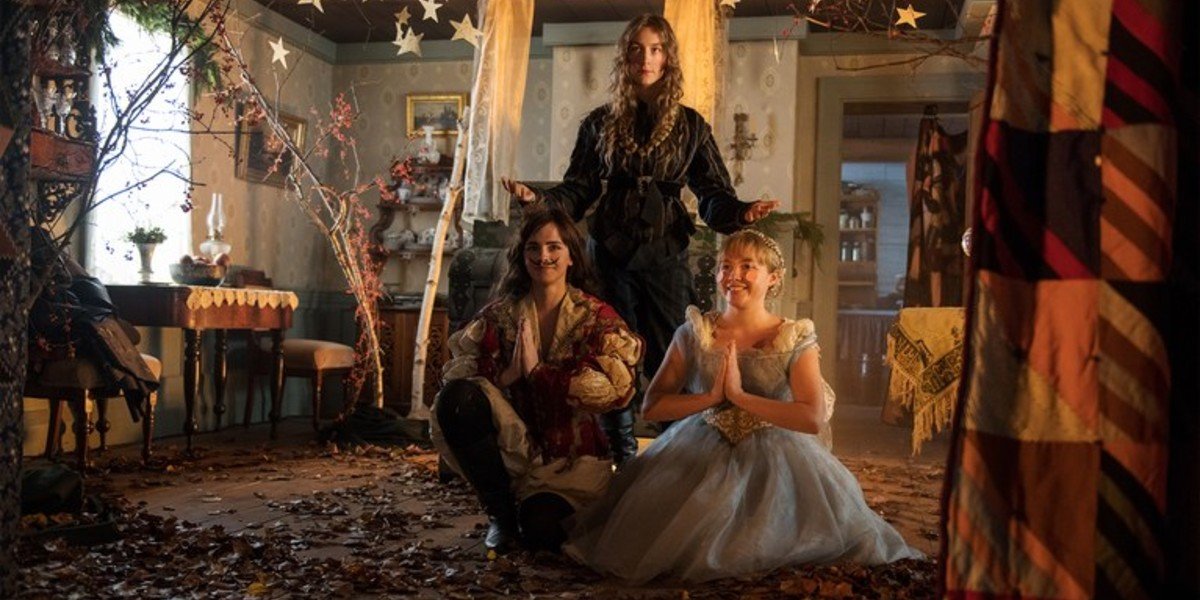
Is The Ending Of Little Women Similar Or Different To The Book?
Ultimately, in terms of the story itself, Greta Gerwig's Little Women is mostly similar to the book. The plot beats — particularly the big ones — are very much like what happens in Louisa May Alcott's beloved book, but the structure is different. This movie adaptation ultimately takes on more of a non-linear structure, which allows the characters to reflect on their pasts while growing into their adulthoods. Therefore, more time is spent on the adult lives of the March family than other adaptations of Little Women, which gives this new film a sense of reflection that adds to the adaptation's themes.
In addition, the ending of the story is similar in both the book and the newest film adaptation is fairly, but the journey to that finale is ultimately different and a lot of the details change. For example, in the movie, Jo very on-the-nose writes her own version of Little Women, which is ultimately published by the same publisher who published her "trash stories" previously. She doesn't want her main character to marry in her book, but that same publisher pushes for that character to get married, in a move that mirrors what happens with Jo and the Professor. Jo also has to be egged by her family to go after the professor in the movie.
In the book, Jo and the Professor do open their school, but it's a school for boys (that later includes some girls, including family members and orphans). Greta Gerwig's adaptation of Little Women focuses much more on modern-day views of feminism and the school opened in the movie is meant to help girls to get a better education -- one that won't include corporal punishment, as Amy is subjected to earlier in the movie.
In general, the changes are all in the details, and they don't take much away from Louisa May Alcott's original story. They also certainly help to strengthen Greta Gerwig's tone and the overall themes in her directorial adaptation.
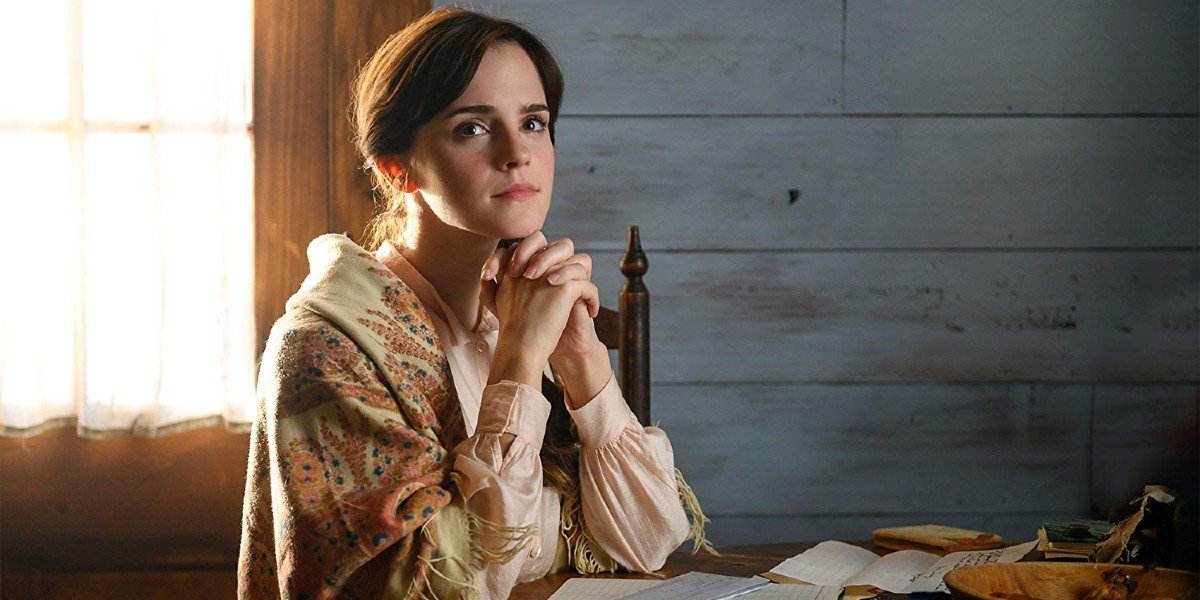
Should You Expect Any Big Changes To Little Women If You're Familiar With The Book?
Naturally, when you make an adaptation, you have creative license to play with the story. Some filmmakers obviously take more liberties than others, and there are certainly many scenarios in which the changes made to the material are for the worst rather than for the better. Nevertheless, while screenwriter/director Greta Gerwig made significant changes to the overall structure of Little Women, both the story and the characters are similar.
Ultimately, fans should be pleased with what they see in this newest take on Little Women. There are some critics who consider it among the best adaptations we've gotten to date (with some arguing that it's the best yet). There are quite a few adaptations of the book, and everyone has their own favorites and this one may not be your cup of tea. Either way, if you're willing to go in accepting the changes made to the text, which I feel are ultimately minor in the scheme of things, you should be able to enjoy Greta Gerwig's Little Women. It's a gentle, loving, well-acted, sweetly told, well-shot, gorgeously tender take on the tale, one that incorporates more mature and more nuance but ultimately stays true to the story at hand.
If you are not as familiar with the story, particularly in the early moments, you might be a little confused with who the characters are and what their established history is with the other characters. Nevertheless, as the story unfolds, it should be clear who they are, what they have done, and why they feel the way they feel in the flash-forward segments of this timeless tale. Little Women is a story that can be enjoyed by audiences of all ages and audiences from any age.
I'm guessing we shouldn't expect Greta Gerwig's Little Women to be the last version of the popular Louisa May Alcott story. Nevertheless, it is the latest version, and while there are certainly a few key changes, the components have remained the same for generations upon generations, and that is not likely to change at any point. Or, at least, it probably shouldn't change, for there is a good reason why this story resonates with audiences of all ages and generations.
Hopefully, you'll make a point to check out Little Women when it's playing in a theater near you. If you did see this newest version of the story, what do you think of the ending of Greta Gerwig's Little Women? How do you think it compares to the other film adaptations before it?
This poll is no longer available.
Will is an entertainment writer based in Pittsburgh, PA. His writing can also be found in The Playlist, Cut Print Film, We Got This Covered, The Young Folks, Slate and other outlets. He also co-hosts the weekly film/TV podcast Cinemaholics with Jon Negroni and he likes to think he's a professional Garfield enthusiast.

